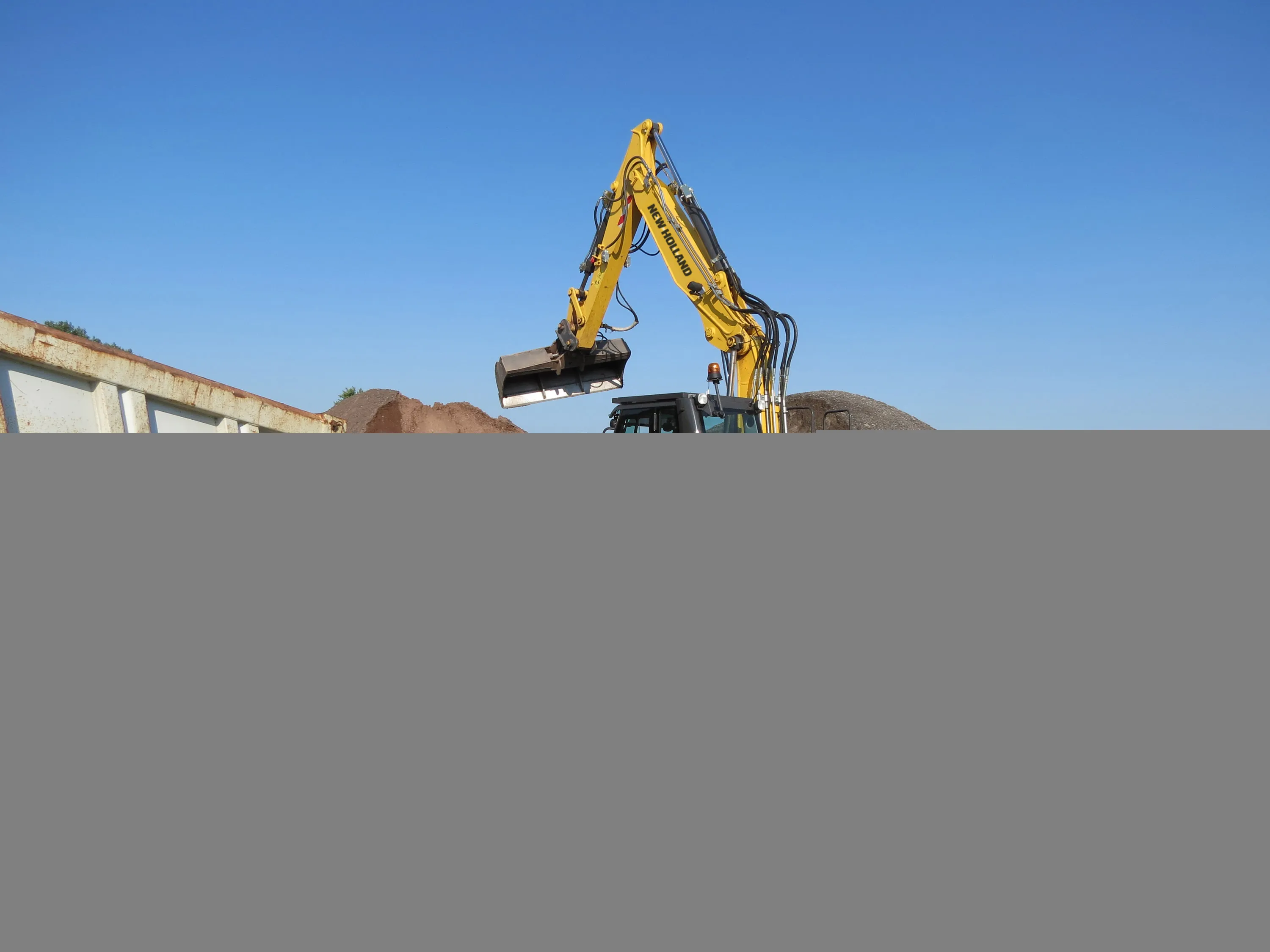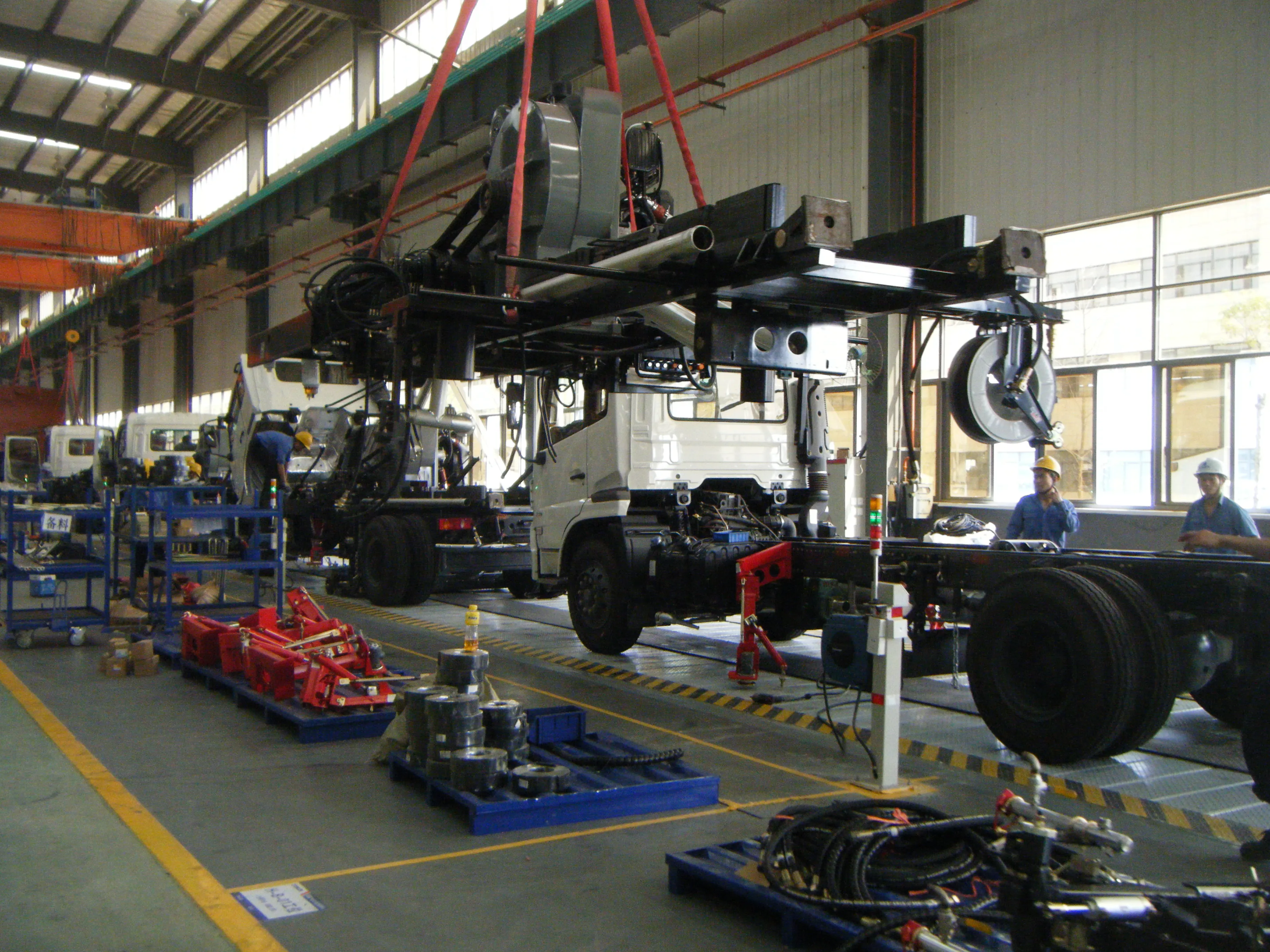The Asian Development Bank (ADB) is set to transfer the US$ 150 million second tranche of a loan for construction of Masally-Shorsulu highway in Azerbaijan. The first $250 million ADB loan tranche has already been sent, with the overall project cost set to reach $625 million. Azerbaijan will get a $100 million third ADB loan tranche in 2016, taking the Bank’s total loan investment in the new highway to $500 million.
April 7, 2014
Read time: 1 min
The 943 Asian Development Bank (ADB) is set to transfer the US$ 150 million second tranche of a loan for construction of Masally-Shorsulu highway in Azerbaijan. The first $250 million ADB loan tranche has already been sent, with the overall project cost set to reach $625 million. Azerbaijan will get a $100 million third ADB loan tranche in 2016, taking the Bank’s Total loan investment in the new highway to $500 million.
Reconstruction of all Azerbaijan’s highways is set to cost at least US$38.2billion (AZN 29.94 billion), according to the national Ministry of Transport.
The overall length of highways across the country is 20,000km, with reconstruction works predicted to continue to around 2027.
Reconstruction of all Azerbaijan’s highways is set to cost at least US$38.2billion (AZN 29.94 billion), according to the national Ministry of Transport.
The overall length of highways across the country is 20,000km, with reconstruction works predicted to continue to around 2027.








